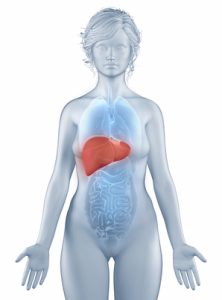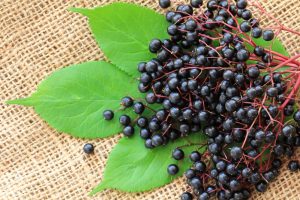What are the Post Pandemic Long Haul Symptoms (persistence symptoms), and what can you do about them? Find out!
What can you do when you continue to have symptoms after an infection? Let’s talk about this.
When you continue to have symptoms after a virus, it is known as a post-viral syndrome. This happens because of three reasons:
• Viruses crease major oxidative stress in the body
• Inflammation
• The infection itself
Viral infections cause free radicle damage that can take a long time to recover from—especially if you do not have a large antioxidant reserve.
Infections also deplete vitamins and minerals, which can cause chronic fatigue and other symptoms related to nutrient deficiencies. Nutrients act as antioxidants.
One of the most common residual problems after covid is chronic fatigue syndrome, which includes symptoms like:
• Muscle fatigue/pain
• Headache
• Brain fog
• Difficulty breathing
• Depression
• Post-exertional malaise
• Chest pain
• Dizziness
• Bouts of sweating
• POTS
• Loss of smell
• Poor memory
Read; Long Haul Post Pandemic Symptoms
https://pubmed.ncbi.nlm.nih.gov/16338007/
https://www.ncbi.nlm.nih.gov/pmc/articles/PMC7418699/
 Not all fatty livers are caused by alcohol. There are so many other reasons that you might have a fatty liver. Toxins of all kinds create a problem.
Not all fatty livers are caused by alcohol. There are so many other reasons that you might have a fatty liver. Toxins of all kinds create a problem.
 I heard a commerical for a drug that was designed to stop a virus from replicating. Really, I thought, why not just use elderberry. I knew that was what elderberry did.
I heard a commerical for a drug that was designed to stop a virus from replicating. Really, I thought, why not just use elderberry. I knew that was what elderberry did.